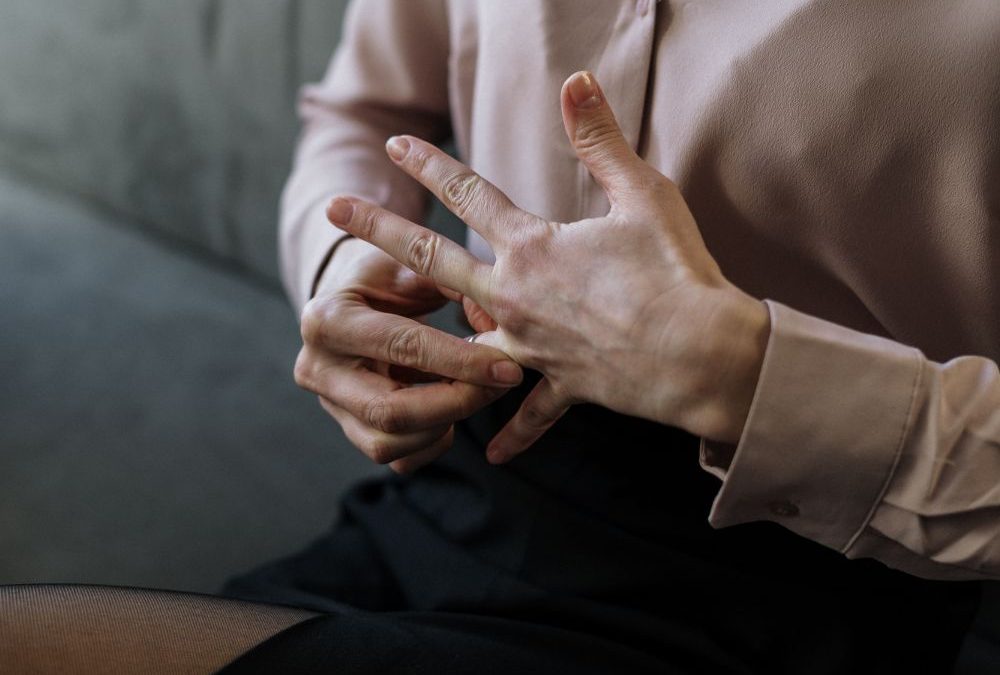Anxiety can be a highly debilitating condition to live with, especially if left untreated, even taking over your whole life, leaving you feeling helpless and out of control.
If managing your anxiety is a constant daily struggle, seeking professional counselling can be a healthy way to identify and learn to manage any triggers associated with your anxiety related trauma.
In this blog, we’ll explore how seeking anxiety treatment can help keep those chronic emotions in check and how speaking to a therapist about your anxiety is the key to rebuilding your ability to function successfully on a day to day basis, but also to develop strong and healthy self-esteem.
What is Relational Trauma?
Let’s begin by understanding what relational trauma is and how it can erode your self-worth causing low self-esteem and a negative self-image.
Trauma often stems from a deeply personal experience that has left you with a fragmented self of identity. Also known as ‘attachment trauma’, it usually manifests as a direct experience from long term emotional, physical and/or mental neglect– particularly with people closest to you such as parents, siblings, friends, trusted caregivers and romantic relationships.
This type of trauma has a detrimental effect on your sense of safety and also on your ability to hold a healthy self-image; causing a range of disruptive behaviours and a low sense of self-worth or value – ultimately resulting in very low self-esteem.
Some common causes we see in connection to trauma related cases includes dysfunctional family dynamics, repeated experiences of abandonment, family violence, substance abuse, sexual abuse, violation of trust from those in parental roles, and inconsistent adult behaviour within the family unit (blurred physical, mental and emotional boundaries). All these different scenarios can leave the survivor with hyper intense feelings of being unlovable, unsafe and unwanted.
At Insight Therapies in Albury Wodonga, we specialise in helping those affected by trauma and anxiety heal. We do this by tailoring our person centred approaches to your unique needs in order to achieve long term, sustainable relief from common anxiety symptoms related to trauma.
For more information on relational trauma and its impact on individual behaviour, please visit https://www.phoenixaustralia.org/your-recovery/effects-of-trauma-anxiety/

7 Strategies to Help You Overcome Relational Trauma
Speak to Insight Therapies in Albury Wodonga
As qualified mental health professionals, we provide an emotionally safe environment and supportive therapeutic relationship to assist in your recovery. By talking and building a bond with one of our trusted anxiety therapists, it provides a therapeutic avenue to explore your past traumas, while working through the many complex emotions and trauma-based responses you may be facing.
Grounding & Mindfulness Exercises
Engaging in regular meditation and relaxation exercises are positive ways to regulate your emotions and diffuse some of those trauma related patterns. It’s a highly effective self-care strategy that can help you tune in to the present moment, while helping minimise feelings of overwhelm and despair.
Practice Patience with Yourself
By cultivating compassion and kindness towards yourself on regular basis, you will notice a marked improvement in your overall self-esteem and self-image.
This practice can also assist in keeping negative beliefs at bay resulting from past relational trauma and dysfunctional experiences.
Develop Healthy Boundaries
Maintaining healthy boundaries with those around you is vital to your self-preservation and wellbeing. By asserting your needs in a kind and respectful way, you are able to develop healthier connections and manage relationships better.
Emotional Regulation
Navigating raw, intense emotions can be debilitating to deal with if you don’t have the right coping mechanisms available. Developing the skills to handle those difficult emotional triggers when they arise can be a useful way to stay on track when life gets too difficult.
Explore Trust Issues
With relational trauma comes deep seated trust issues – they both go hand in hand. Working on guided exercises to help rebuild trust in yourself is key to overcoming negative belief patterns and trauma-based behaviour, resulting in healthier relationships with those around you.
Build a Strong Support Network
Seeking support from those closest to you such as family, friends, anxiety therapist, school or community group is a major stepping stone to your healing and recovery. Not only will this help you feel more connected and understood, you’ll feel much less isolated with a strong support network of positive people around you.
For an anxiety therapist near me, Insight Therapies in Albury Wodonga can assist with a range of anxiety related and relational trauma issues to help understand yourself better. Arrange a confidential consultation today.


Recent Comments